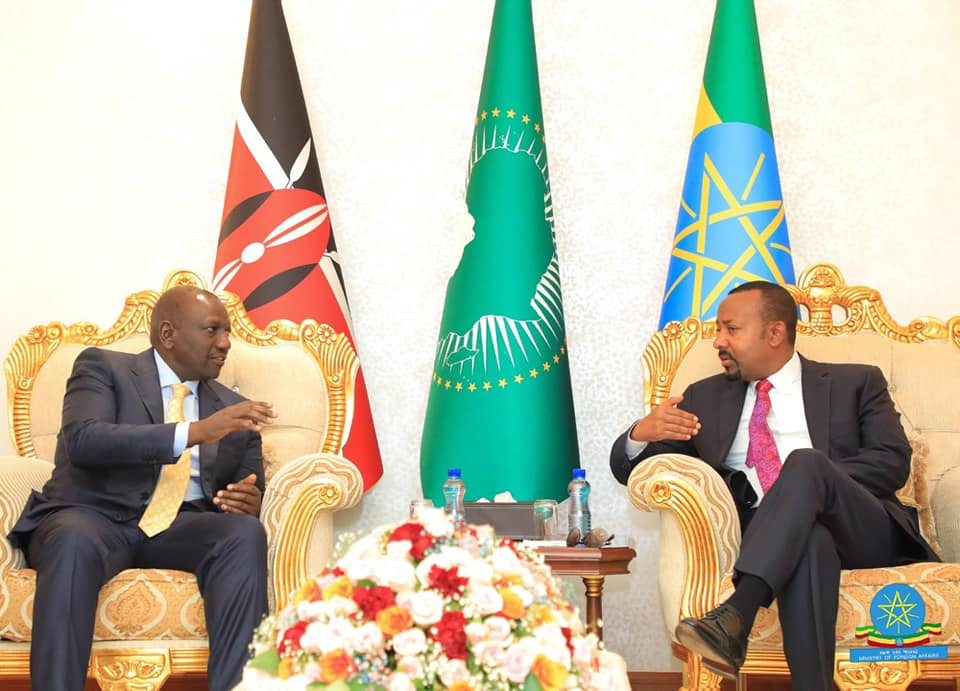
Ethiopia has commenced the use of Kenya’s Port of Lamu in a bid to diversify trade routes.
A report by Addis fortune indicates the plan by land-locked Ethiopia, the second most populous country in Africa, is aimed at reducing reliance on ports in Djibouti.
Ethiopia’s Transport Minister Alemu Sime told Parliament the initial consignment of fertiliser is expected to dock in Lamu.
Thereafter, Addis will use the same port to export livestock.
Alemu stressed the move to explore alternative trade routes through Lamu demonstrates Addis Ababa’s proactive approach towards addressing the logistical and security issues plaguing its main trade route through Djibouti.
Ethiopian sources indicate the Djibouti route is considerably expensive and has in recent terms been marred by uncertainties following instability within the Red Sea.
There is a growing sentiment that the country’s reliance on Djibouti ports has been marked by frequent regulatory changes and security concerns, compelling the federal government to seek cost-effective alternatives for imports and exports.
Incidentally, Alemu visited Kenya in August 2023 for talks with senior government officials including his Kenyan counterpart Kipchumba Murkomen.
The meeting discussed regional issues including the development of the Lamu Port- South Sudan -Ethiopia Transport (LAPSSET) Corridor which is one of the key infrastructure projects that is expected to be the major catalyst for integration between Kenya, Ethiopia, and South Sudan.
The two leaders further underscored the importance of expediting the utilization of the LAPSSET project. This includes the construction of a Standard Gauge Railway (SGR) linking the two countries via Moyale.
The Lamu Port has been underutilised since its construction with the Kenyan government keen to tap in investors and clients, specifically from Ethiopia and South Sudan.
This comes amid concerns Kenya’s other port, based in Mombasa, which serves Uganda, South Sudan, Rwanda, Burundi, and DR Congo, suffers from occasional congestion.
Mombasa is the biggest port in the region.
“The port is strategically located for vital fertiliser suppliers,” Alemu told Fortune. Fertilisers are essential for enhancing agricultural productivity, a critical concern for Ethiopia as it strives to boost its food security and support its farming communities.”
Besides Djibouti, Ethiopia also appears to be looking towards a controversial deal with Somaliland for use of its port, a decision that has caused a diplomatic tiff with Somalia.
Kenya and Ethiopia enjoy warm bilateral relations as considered by the move by Addis Ababa to award Kenya’s Safaricom a telecommunications licence. Ethiopia has on its part been exporting power to Kenya.
Also read: Junior Wanjiku triumphs at Safari tour PRO-AM tourney in Karen
